If you have been paying attention to the general health of our country, you are well aware that high blood pressure is a common health issue among Americans.
While there is not one exact cause of high blood pressure, there are many contributing factors.
Some of these include smoking, obesity, lack of exercise, poor diet, stress, and genetics.
High blood pressure is dangerous because it requires the heart to work harder to pump blood through the body, and it contributes to atherosclerosis, stroke, kidney disease, and heart failure.
There are medications on the market to help control blood pressure, but many people prefer to take a more holistic and natural approach to either treat or prevent high blood pressure. Like many other health conditions, essential oils can be used for this purpose.
Here, we will look at some of the best essential oils on the market today to help people who suffer from high blood pressure.
Quick Look at Our Top Picks for Essential Oils for High Blood Pressure
Don't have time to read the entire post? Here's a quick summary of our favorite essential oils for high blood pressure. Simply click on the essential oil name to take you to it's Amazon page.
 |
Bergamot Essential Oil | CLICK HERE FOR PRICE |
 |
Clary Sage Essential Oil | CLICK HERE FOR PRICE |
 |
Frankincense Essential Oil | CLICK HERE FOR PRICE |
 |
Geranium Essential Oil | CLICK HERE FOR PRICE |
 |
Helichrysum Essential Oil | CLICK HERE FOR PRICE |
 |
Jasmine Essential Oil | CLICK HERE FOR PRICE |
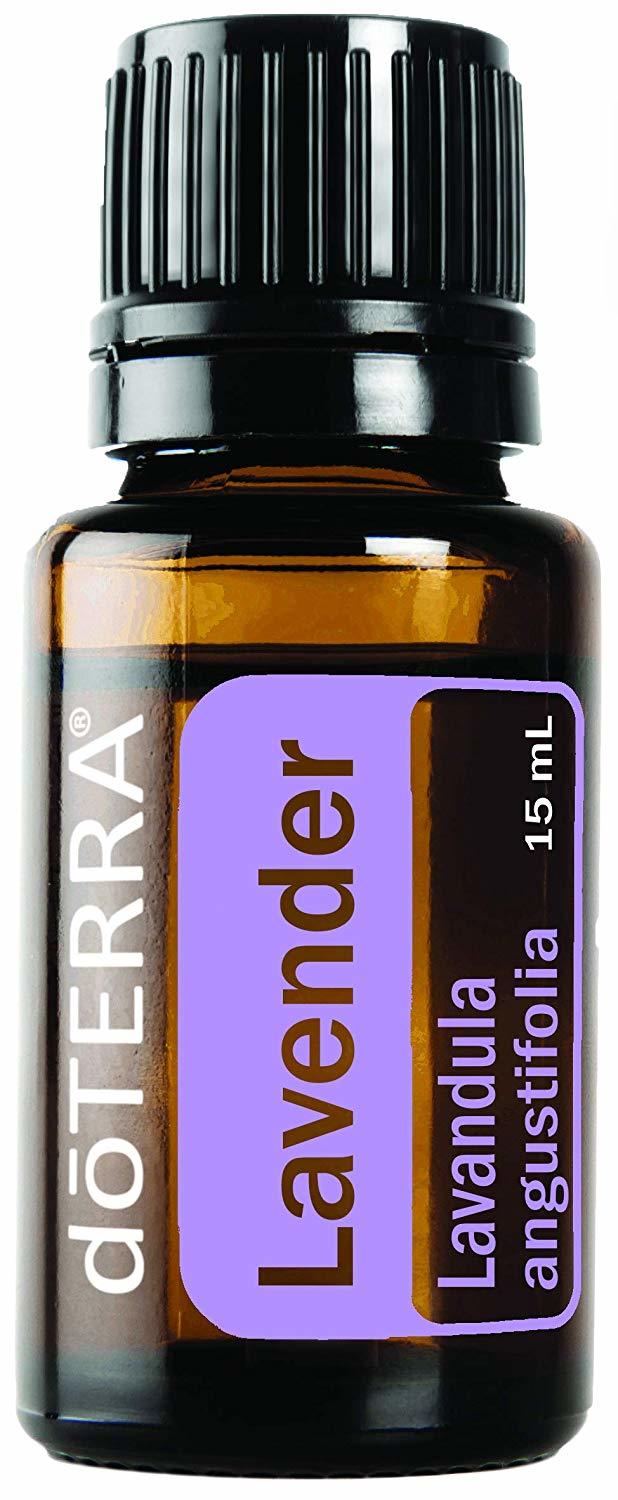 |
Lavender Essential Oil | CLICK HERE FOR PRICE |
 |
Mandarin Essential Oil | CLICK HERE FOR PRICE |
 |
Melissa Essential Oil | CLICK HERE FOR PRICE |
 |
Neroli Essential Oil | CLICK HERE FOR PRICE |
 |
Petitgrain Essential Oil | CLICK HERE FOR PRICE |
 |
Roman Chamomile Essential Oil | CLICK HERE FOR PRICE |
 |
Rose Otto Essential Oil | CLICK HERE FOR PRICE |
 |
Tea Tree Essential Oil | CLICK HERE FOR PRICE |
 |
Sandalwood Essential Oil | CLICK HERE FOR PRICE |
 |
Sweet Marjoram Essential Oil | CLICK HERE FOR PRICE |
 |
Valerian Essential Oil | CLICK HERE FOR PRICE |
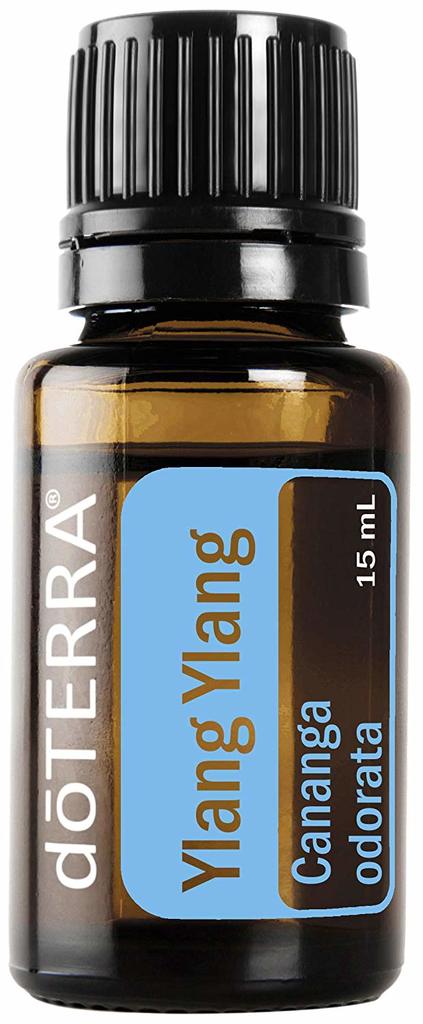 |
Ylang Ylang Essential Oil | CLICK HERE FOR PRICE |
How to Choose an Essential Oil for High Blood Pressure
Trying to determine which is the best essential oil for your high blood pressure management will require you to evaluate your individual health issues.
Think about which risk factors for high blood pressure you have. While there are a wide variety of options for natural blood pressure reducers, figuring out which essential oil is right for you depends on your specific risk factors.
Stress reduction and weight loss are the main benefits of a lot of essential oils, making high blood pressure reduction a secondary effect. Try to get to the root cause of your high blood pressure to help you pinpoint the way to best treat it.
How to Use Essential Oils for High Blood Pressure
Essential oils are safe to use for high blood pressure when they are used appropriately.
The three methods of doing this are aromatically, topically, and internally. Oils can be used either one at a time or mixed together to make a blend.
Aromatic
The olfactory sense, otherwise known as the sense of smell, can generate powerful responses in the body.
When essential oils are used aromatically, they are quickly absorbed by the smell receptors, which then have an effect on the limbic system.
This system of the brain supports several functions, such as smell, memory, emotions, and even behavior. Because of this, essential oils have a powerful effect when they are administered through an aromatic application.
Diffusion is one of the easiest methods to use essential oils aromatically. The best diffusers are those that use cold air or water, but you can also use essential oils aromatically by simply smelling them. You can just place a few drops of the oil in your hand and breathe deeply.
Need an Essential Oil Diffuser?
If you don't have an essential oil diffuser (or want to grab a new one), then here are favorite three options. Just find the diffuser that looks interesting and then click the yellow button to get more information:
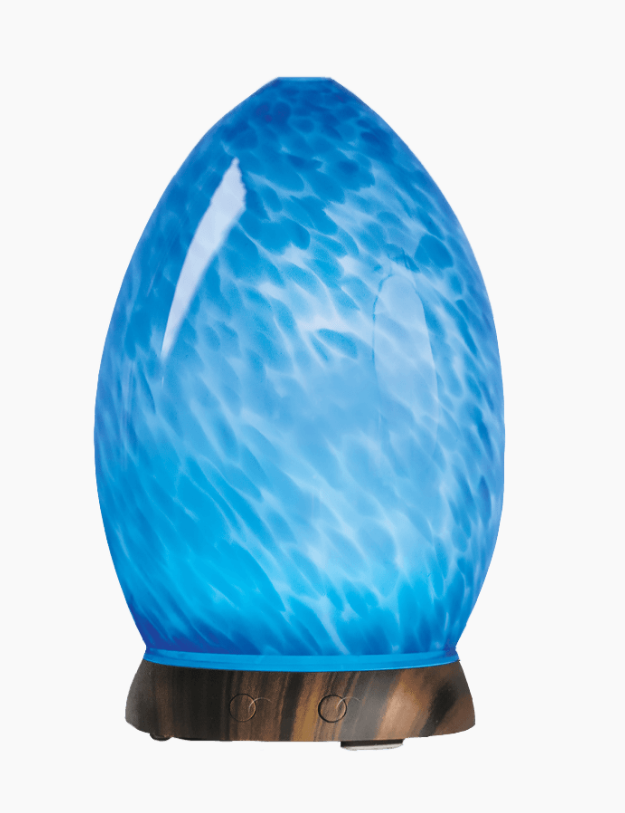 |
Best Overall Choice: Lux Blue Marble Diffuser by Rocky Mountain Oils | CLICK HERE FOR PRICE |
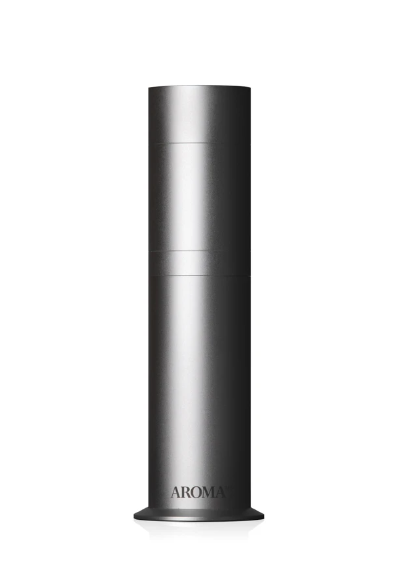 |
Best High-End Oil Diffuser: Aroma Tech AroMini | CLICK HERE FOR PRICE |
 |
Most Budget-Friendly Option: InnoGear Aromatherapy Essential Oil Diffuser | CLICK HERE FOR PRICE |
Topical
Topical application is also an effective method for using essential oils. Essential oils are lipid-soluble, allowing them to easily penetrate the skin. Once essential oils are absorbed, they are able to remain in the applied area to maintain a localized benefit.
Essential oils are easily absorbed on their own, but there are also ways to increase absorption.
Using oils during a light massage will help increase the circulation to the area of application, which will improve the distribution of the oil throughout the body.
Diluting an essential oil with a carrier oil such as coconut oil can also increase its absorption, especially in places where you have dry skin.
It is best to use a carrier oil when applying essential oils topically to help decrease the likelihood of having a skin reaction, especially if you have sensitive skin.
Diluting more potent oils is a good idea, as well as oils that you are trying for the first time. Typically, you can just add one drop of essential oil to every three drops of your diluting oil.
When using essential oils topically, apply several small doses throughout the day instead of one single large dose. Start with just one or two drops and repeat this application every four hours or so. Because everyone is different, the necessary dose may be different based on one's size, age, and general health.
Essential oils can be safely applied to the neck, forehead, temples, chest, arms, legs, stomach, and bottoms of the feet.
1You should avoid applying essential oils to delicate facial areas such as the skin near the eyes, the inner ears, and broken, damaged, or injured skin.
In addition to adding oils to a carrier oil, they can also be added to a warm bath, or a hot or cold compress by soaking a towel in water that has a few drops of oil in it and then applying it to the affected area. You can also add oils to your favorite non-scented lotion before applying it to your skin.
Internal
Some essential oils can be used as a dietary supplement, supporting several health conditions. You already consume the compounds that are found in essential oils when you use cinnamon on your toast, drink peppermint tea, or add rosemary to your chicken.
Essential oils are a great way to add flavor to foods while also adding health benefits. One of the great things about using essential oils internally is that they can be used as a targeted application for specific and potent health benefits when they are in their concentrated form. Because the human body is physiologically sophisticated, the internal use of essential oils is a safe and effective method of application.
When oils are ingested, they enter the bloodstream directly through the gastrointestinal tract. Here, they are readily distributed through the rest of the body due to the fact that they are lipid-soluble. Oils are then metabolized by the liver and other organs before being excreted.

Essential oils have a complex composition, with each component having its own set of biochemical properties that react with the body differently. It is important to remember, however, that our bodies can only handle certain doses of essential oils when taken internally, so you should speak with a professional before consuming essential oils.
Some people like to use essential oils while cooking. This is a great idea, but it is important to remember that essential oils are very potent, so you only need to use a little bit and it will go a long way. In places where you would use a lot of dried or fresh herbs or spices, you would only need a small amount of essential oil.
For oils that are more potent, it may be best to use them by dipping the end of a toothpick into the oil before adding it to the food. You can also add oils to your drinks, such as water, milk, smoothies, or tea. Some people even choose to add their oils to an empty veggie capsule to take as a pill.
Common Questions About Essential Oils
Are they safe for children?
Some oils are great for kids, while others should be avoided. It is best to review product labels for complete information on the appropriate age for using an oil, along with any cautions.
Because every child is different, it is best to test a small amount of the oil before using it in a large area to make sure that no irritation or reaction occurs. This should also be done when diffusing essential oils near babies.
Make sure to thoroughly dilute the oil, and use fewer drops than you would for an adult.

Are they safe to use during pregnancy?
Just like with children, some oils are safe for pregnant women, and some are not. The smell of some essential oils may improve pregnancy nausea, but others should be avoided, such as clary sage, hyssop, fennel, and sage.
Pregnant women should talk to health professionals who have experience using essential oils before using them.
Do essential oils expire?
Most essential oils do not use preservatives or synthetic fillers, so they do expire. The good thing is that they are relatively stable and can last for many years without breaking down or changing their smell or chemical composition.
Every oil has a different shelf life, and some are more prone to oxidation than others. It is best to store oils in amber glass bottles so they are protected from sun exposure, and their shelf life can also be extended by storing them in a cool, dry place that is away from the sun.
18 Best Essential Oils for High Blood Pressure (Our Selection for 2024)
Now we will go over the 18 best essential oils that are on the market right now for high blood pressure. These oils have many other uses as well, but they are all beneficial for people suffering from high blood pressure.
1. Bergamot Essential Oil
Bergamot Essential Oil has a crisp and refreshing smell. Studies have shown that bergamot can reduce high blood pressure if it is diffused and inhaled for 15 minutes to one hour. People who diffuse bergamot essential oil show a significant reduction in their blood pressure and their heart rate.
Studies have also shown that this essential oil can improve people's mood and reduce anxiety. When it is inhaled, the brain releases neurotransmitters such as dopamine and serotonin to create a feeling of well-being. This increase in dopamine can also help users of bergamot essential oil reduce their cravings for comfort foods.
| PROS | CONS |
|---|---|
|
|
2. Clary Sage Essential Oil

Studies have shown that Clary Sage Essential Oil is able to reduce both systolic and diastolic blood pressure. It also helps to reduce the respiratory rates of people who use this oil during aromatherapy. Clary sage is a popular oil to use among people who do not need to be relaxed but have to lower their blood pressure.
Clary sage decreases both stress and symptoms of depression. Many people suffer from depression due to alcohol abuse, which is one of the risk factors for hypertension, and clary sage is effective to use as an anti-depressant.
| PROS | CONS |
|---|---|
|
|
3. Frankincense Essential Oil

Frankincense Essential Oil is able to calm the body and the mind. This helps reduce stress levels and regulates the heart. The body often requires an increased dose of prescription medications over time for hypertension, but the benefits of this tonic substance increase over time without having to increase the amount that is used.
Frankincense essential oil has been used for centuries to reduce stress levels and increase mental clarity, as well as encourage peace of mind and stillness.
| PROS | CONS |
|---|---|
|
|
4. Geranium Essential Oil
When you have high blood pressure, your mind may be overactive, which can trigger stress and anxiety. Geranium Essential Oil is great to use to deal with stress because it improves blood circulation and balances out emotions.
Geranium essential oil also improves the quality of sleep and digestion and increases the body's ability to detoxify itself. This is a great essential oil to use before going to sleep to help get a full night's rest.
| PROS | CONS |
|---|---|
|
|
5. Helichrysum Essential Oil

Studies have found that Helichrysum Essential Oil is an effective natural remedy to help reduce blood pressure.
Once this oil is absorbed into the bloodstream, it acts as a natural vasorelaxant and is able to encourage smooth muscle function, resulting in a decrease in blood pressure.
| PROS | CONS |
|---|---|
|
|
6. Jasmine Essential Oil
Jasmine Essential Oil is euphoric in nature, allowing it to calm nerves, increase confidence, and boost optimism.
These emotion-balancing qualities allow jasmine essential oil to improve one's breathing, relieve depression, and calm nervous anxiety.
These effects help to ease tension, which is one of the common causes of high blood pressure.
| PROS | CONS |
|---|---|
|
|
7. Lavender Essential Oil
Lavender Essential Oil is one of the most versatile and well-known essential oils on the market today. It has many health benefits, including reducing high blood pressure.
This general-purpose healing oil comes with a wide variety of therapeutic uses and is often used to encourage sleep by reducing nervous tension and stress. Lavender also has analgesic properties that make it helpful for curing headaches.
Studies performed on the electrical impulses of patients’ brains have shown the positive effects of lavender oil. Pulses were measured before and after inhaling this essential oil with an EEG machine and revealed that lavender oil has many health benefits, including reducing one's blood pressure and increasing relaxation.
Patients who use this oil in aromatherapy report feeling more alert and refreshed after doing so.
| PROS | CONS |
|---|---|
|
|
8. Mandarin Essential Oil

Mandarin Essential Oil can relieve muscle cramps and stiffness, quiet the nervous system, and even improve liver function. With these positive effects, your mind will become relaxed and your stress and anxiety can disappear.
Mandarin oil is an effective way to cool your mind so that your blood vessels will not become constricted and your blood pressure remains healthy.
| PROS | CONS |
|---|---|
|
|
9. Melissa Essential Oil
Melissa Essential Oil, also known as lemon balm, has an uplifting effect on the body. It can lift one's mood with its antidepressant properties, and restore balance to the emotions. It also promotes healthy digestion by increasing the production of bile in the stomach.
For the heart, this essential oil acts as a tonic by reducing high blood pressure and preventing heart palpitations and heart attacks.
| PROS | CONS |
|---|---|
|
|
10. Neroli Essential Oil

Neroli Essential Oil has an anti-hypertension property. In a 2012 study, this essential oil was mixed with ylang-ylang, lavender, and marjoram essential oil, and was found to have both immediate and long-term positive effects on blood pressure in patients.
The results of this month-long study were significant when they were compared with people taking a placebo.
| PROS | CONS |
|---|---|
|
|
11. Petitgrain Essential Oil

Petitgrain helps support healthy blood pressure and heart function. Petitgrain Essential Oil can lower high blood pressure due to its ability to dilate arteries and blood vessels.
It also acts as an antioxidant and reduces oxidative and emotional stress, which can both lead to high blood pressure. The balancing benefits of petitgrain essential oil also improve breathing and calm nervous anxiety, which can bring a sense of ease to a stressed nervous system.
| PROS | CONS |
|---|---|
|
|
12. Roman Chamomile Essential Oil

Chamomile is one of the oldest known medicinal herbs, and Roman Chamomile Essential Oil, in particular, is effective and easy to use.
People can get all of the benefits of chamomile from this essential oil by diffusing it or applying it topically to the skin. It can help calm the mind, decrease digestive issues, treat skin ailments, and reduce inflammation.
Roman chamomile gives the user cardiovascular protection due to its high levels of flavonoids, which significantly reduce mortality from heart disease when they are ingested. Because Roman chamomile essential oil has flavonoids, it can help lower blood pressure and also relax the heart.
| PROS | CONS |
|---|---|
|
|
13. Rose Otto Essential Oil
The energizing and refreshing scent of the Rose Otto Essential Oil is able to calm the mind, among other things. Rose has anti-inflammatory properties and produces a relaxing effect throughout the entire body.
Rose balances both hormonal and emotional disturbances, and its cooling properties leave one feeling more refreshed. It also increases blood circulation, making it suitable for people with high blood pressure.
| PROS | CONS |
|---|---|
|
|
14. Tea Tree Essential Oil

Tea Tree Essential Oil is extracted from a plant that is native to Australia. This oil is able to calm the nervous system, and also has antidepressant, analgesic, and anti-inflammatory properties to enable the body to relax.
Studies have shown that using this oil for high blood pressure can help reduce heart rate and stress, and increase blood circulation. During one study, a group was instructed to use tea tree essential oil three times per week, while the other group did not.
After one month, those who used the tea tree oil on a regular basis had higher levels of oxytocin, which is a hormone that is responsible for reducing stress. They also had a lower blood pressure than the people who did not use the oil.
| PROS | CONS |
|---|---|
|
|
15. Sandalwood Essential Oil

Sandalwood Essential Oil can be helpful when it comes to lowering blood pressure. It can be added to a glass of water and consumed to help bring down numbers quickly.
One may also consider making a paste of sandalwood oil to apply to various parts of the body for the same effect. Studies have shown the positive effects of sandalwood essential oil on blood pressure.
| PROS | CONS |
|---|---|
|
|
16. Sweet Marjoram Essential Oil

Marjoram is the most popular oil out of all essential oils that are known to be able to dilate the arteries to reduce high blood pressure. Sweet Marjoram Essential Oil has a calming and soothing effect on the mind and eases the symptoms of hypertension.
Marjoram oil can also be used to help support the digestive system, improve mental health, balance hormones, and reduce muscle pain. Marjoram oil helps lower blood pressure without decreasing your heart rate, meaning that your vascular wall will relax without putting pressure on your heart.
| PROS | CONS |
|---|---|
|
|
17. Valerian Essential Oil

Valerian root has sedative effects and acts as a nerve relaxer. This allows your tense nervous system to be soothed with the application of this oil.
Hyperactivity, muscle tension, insomnia, shock, and fast heart rate can be reduced with the help of Valerian Essential Oil. It is a great oil to use if you are not able to sleep due to your high blood pressure.
| PROS | CONS |
|---|---|
|
|
18. Ylang Ylang Essential Oil
Studies have shown that Ylang Ylang Essential Oil has beneficial properties for high blood pressure, especially when it is blended with a mixture of essential oils specific for hypertension reduction.
Cortisol, a hormone released by the adrenal glands, can lead to high blood pressure. Studies show a reduced level of cortisol and blood pressure after inhaling a ylang-ylang mixture, suggesting it is effective for blood pressure management.
| PROS | CONS |
|---|---|
|
|
Final Thoughts on Essential Oils for High Blood Pressure
In conclusion, the clear winner of this roundup is the Roman Chamomile Essential Oil. With the most studies to back it up and the high number of positive reviews, this oil seems to be an all-time favorite.

It can be used in many ways, depending on how the user prefers to administer their essential oils. It can also be mixed with other favorite oils to create a proprietary blend.
Here is a picture of the bottle that holds this product. Don't rely on prescription drugs that you have to keep increasing as time goes on to help with your high blood pressure. Order Roman Chamomile Essential Oil today to get started on a holistic regimen towards health.
And if you're looking for more resources on essential oils, be sure to check out these blog posts:
- 5 Best Essential Oils for Studying
- 7 Benefits of Using Natural Essential Oils
- 7 Best Essential Oils for Headaches

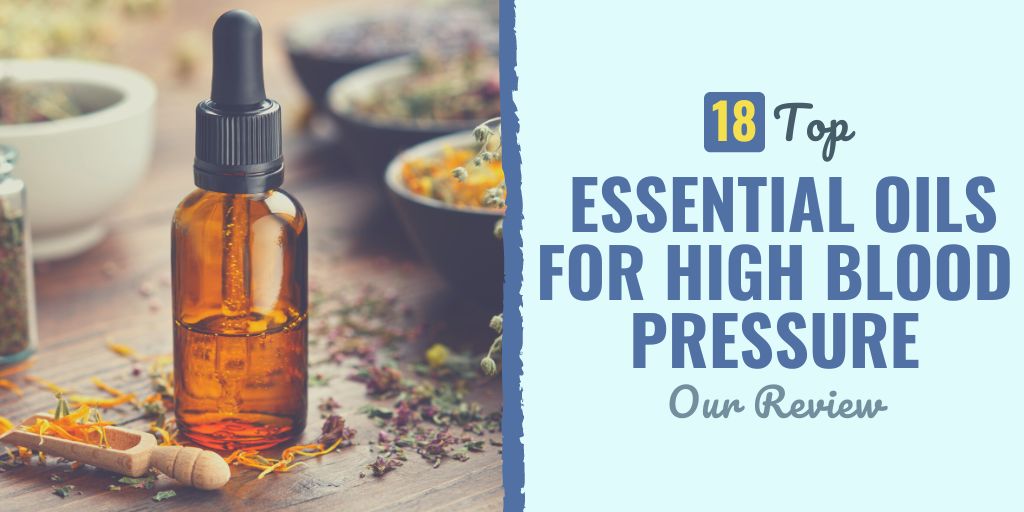


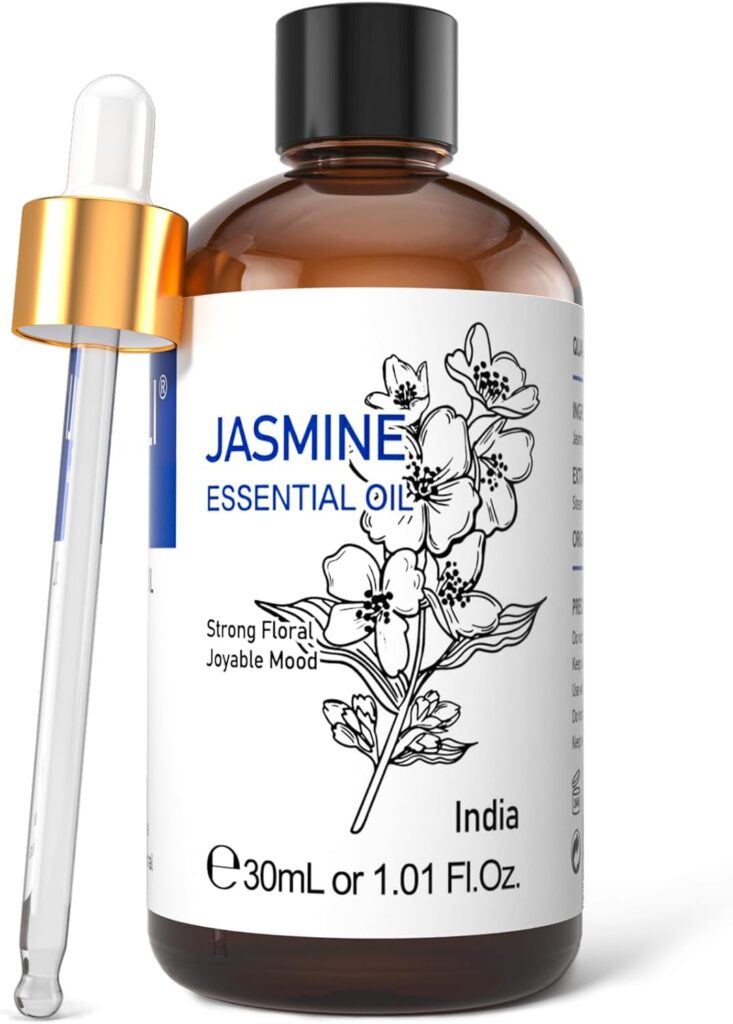
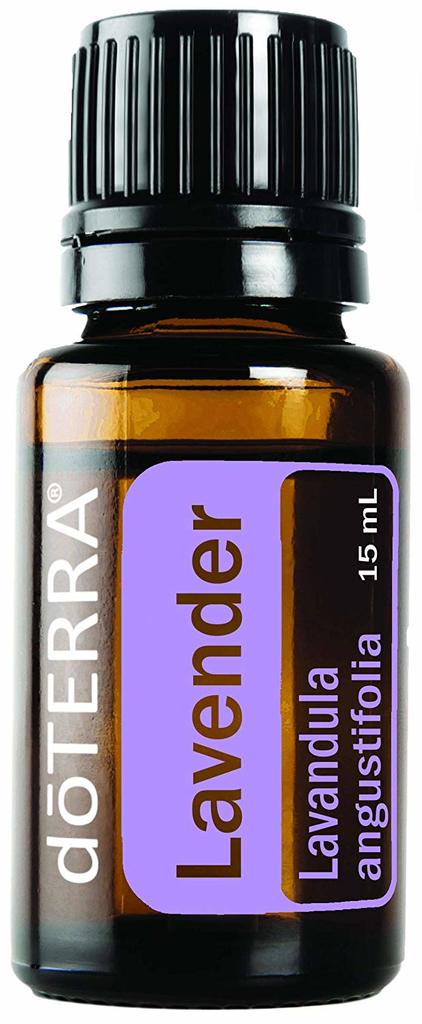

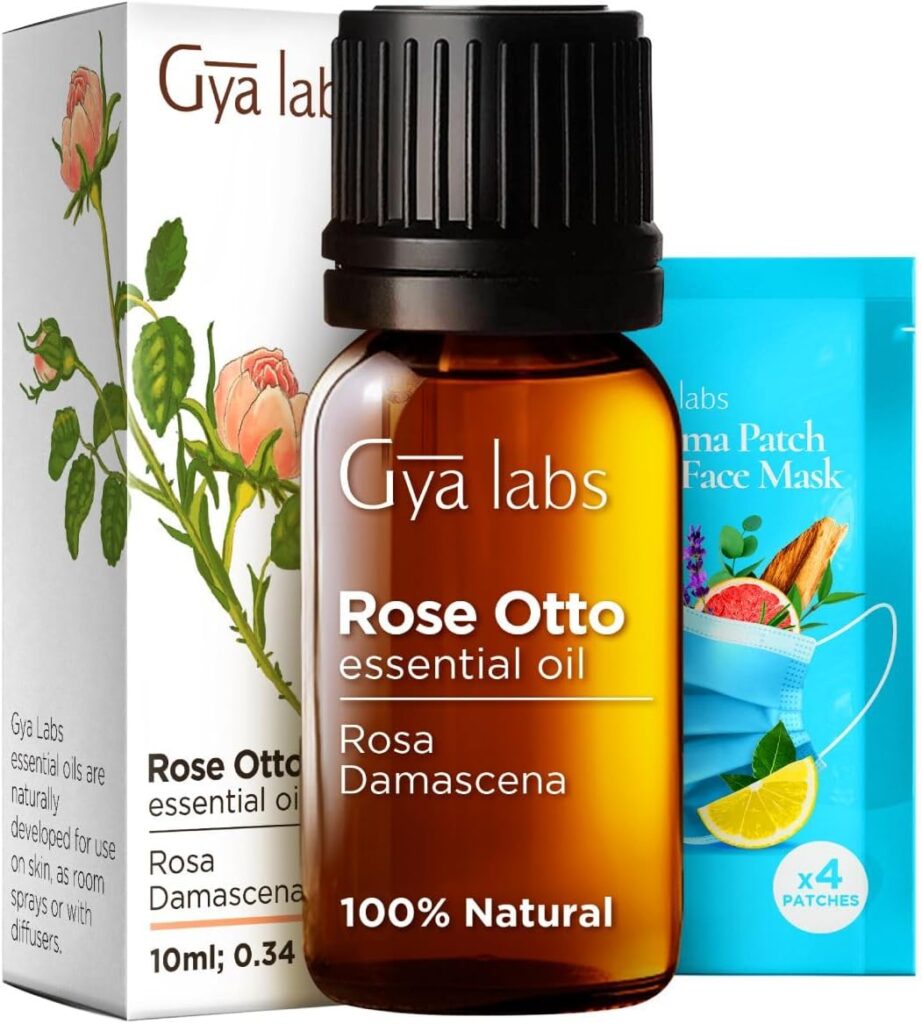
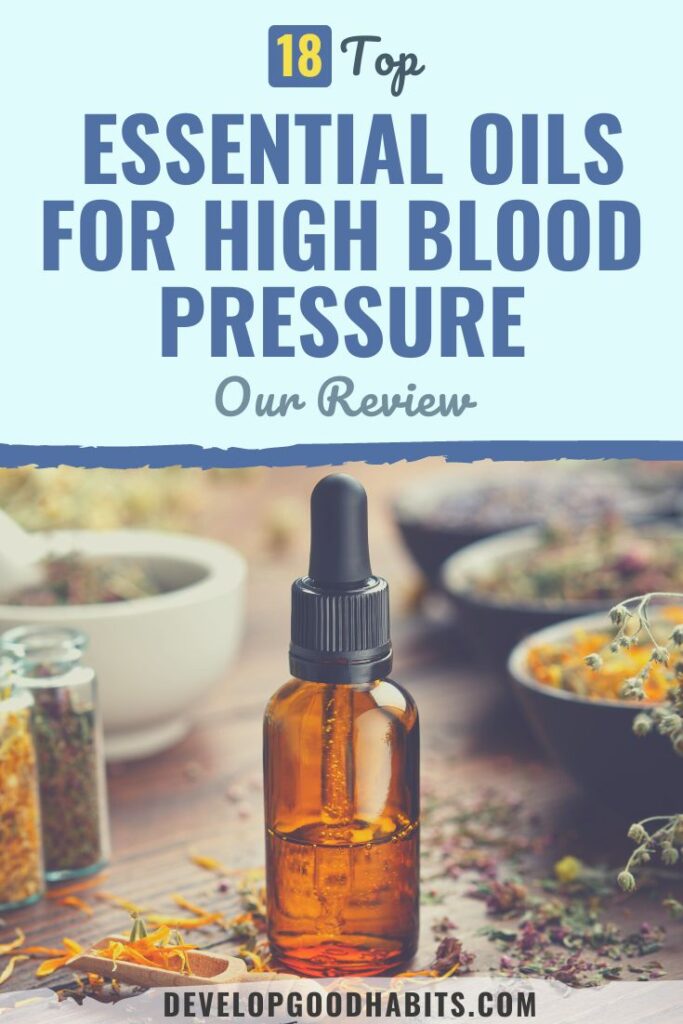
This Blog contains lot of information regarding oils. I would like to share this blog with my friends too. Thanks for the valuable blog.